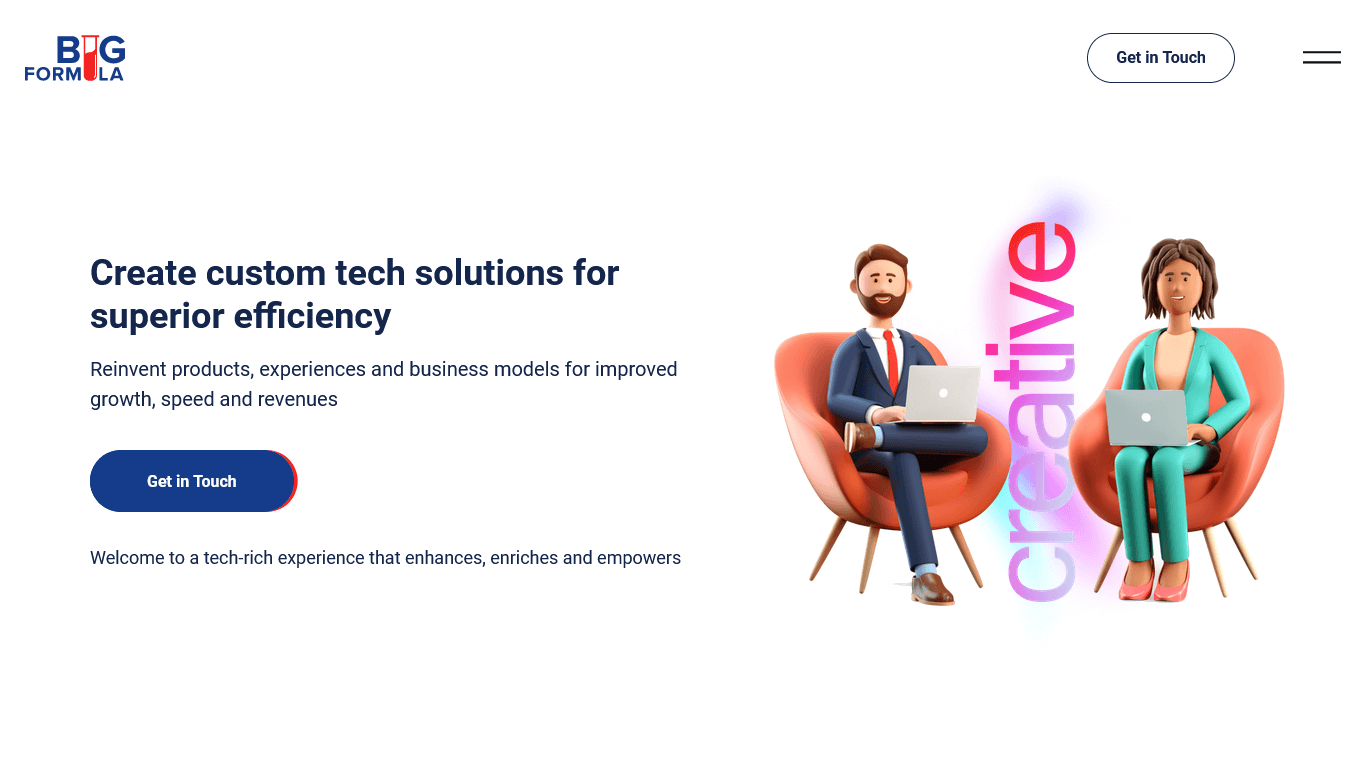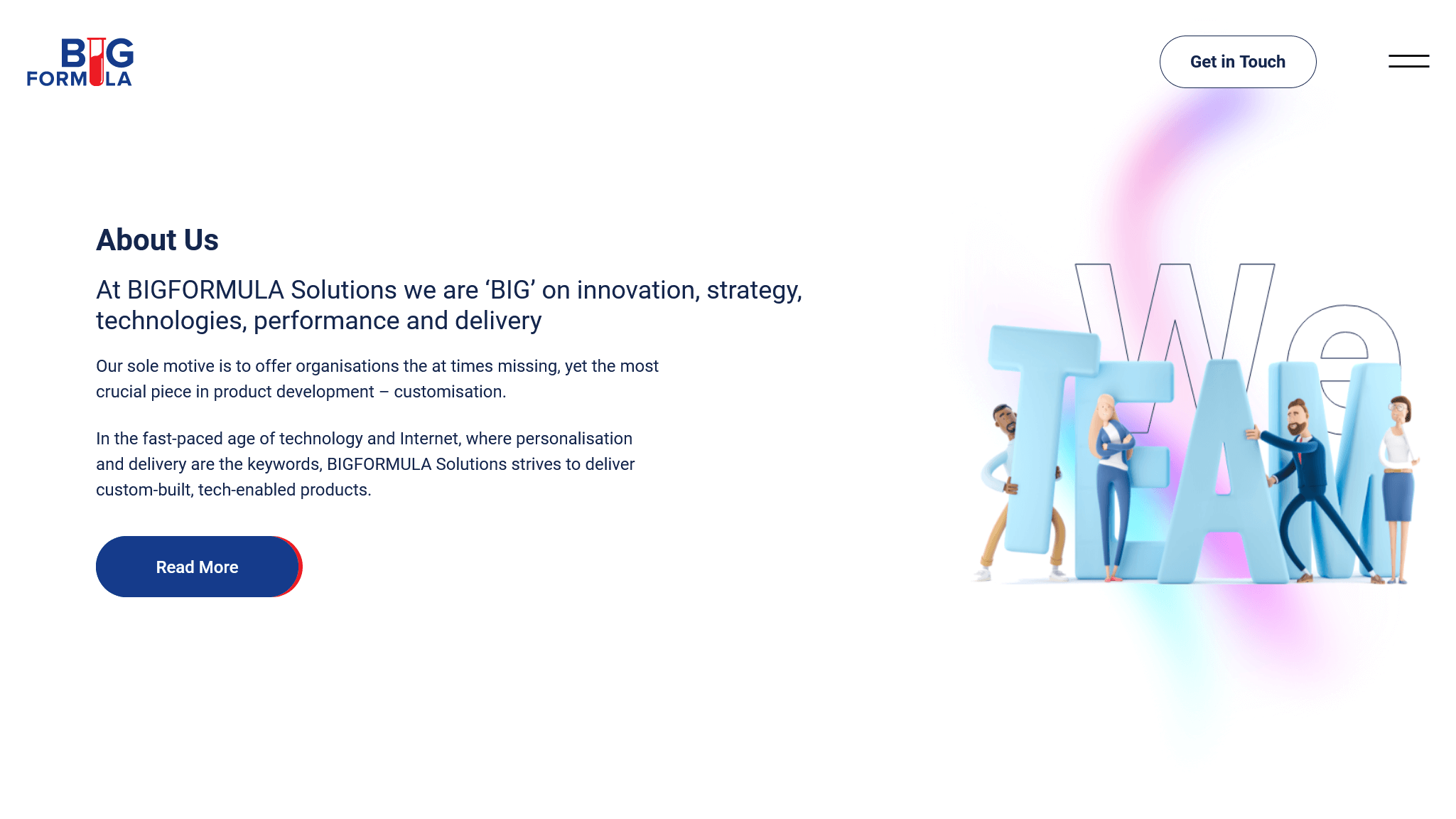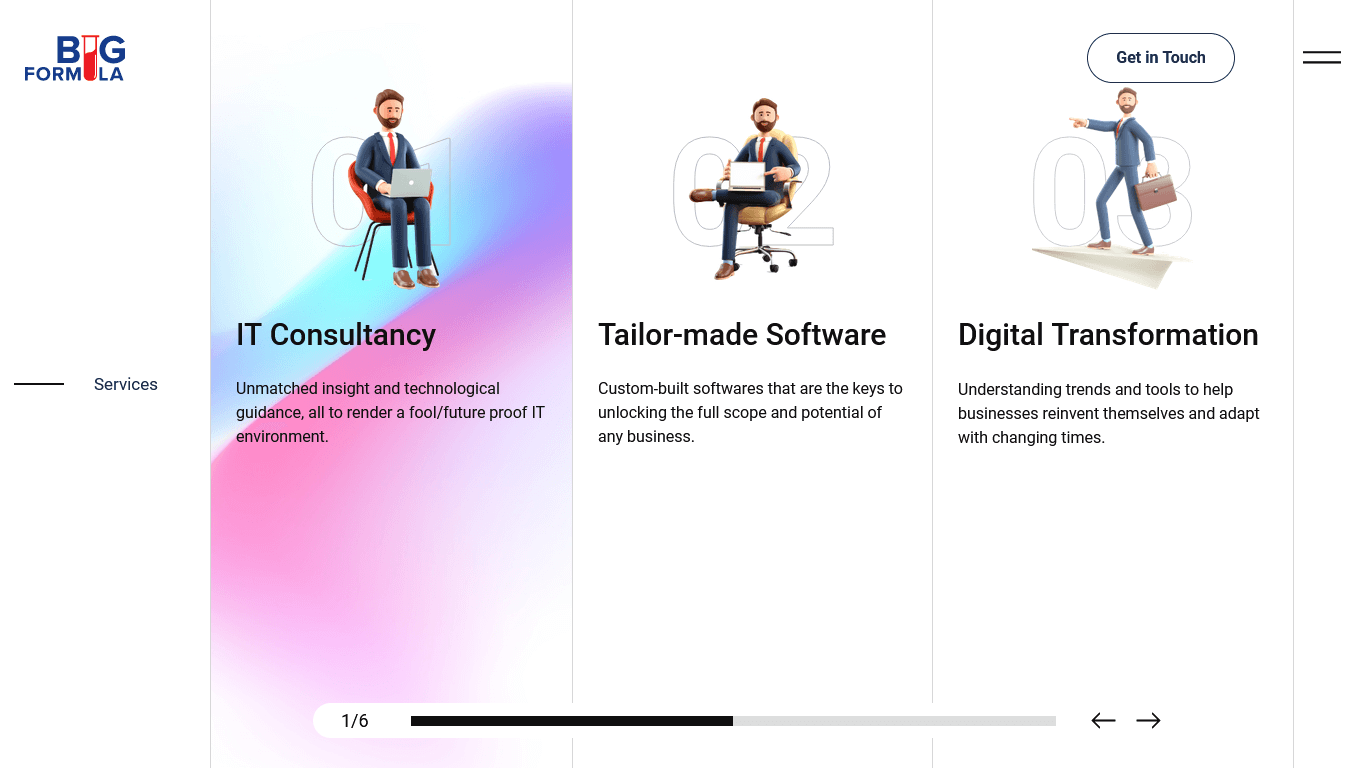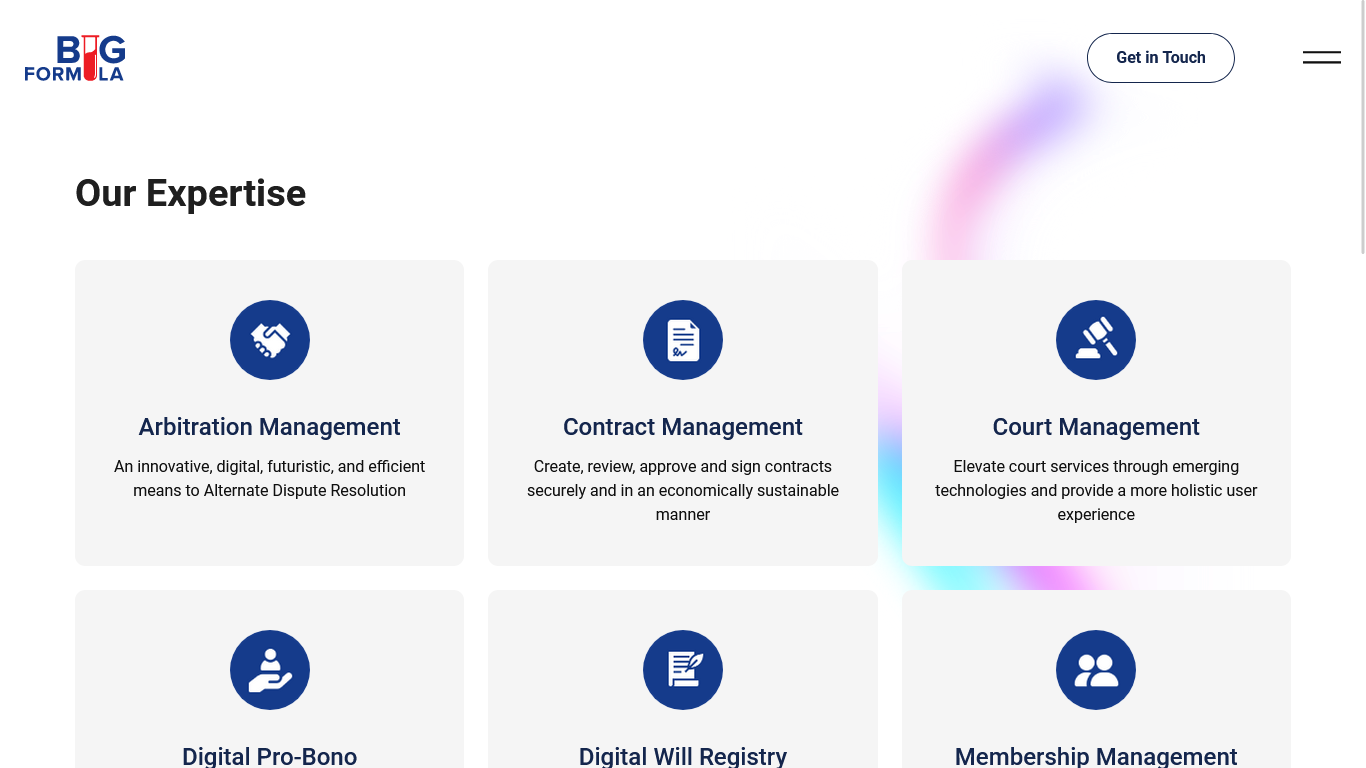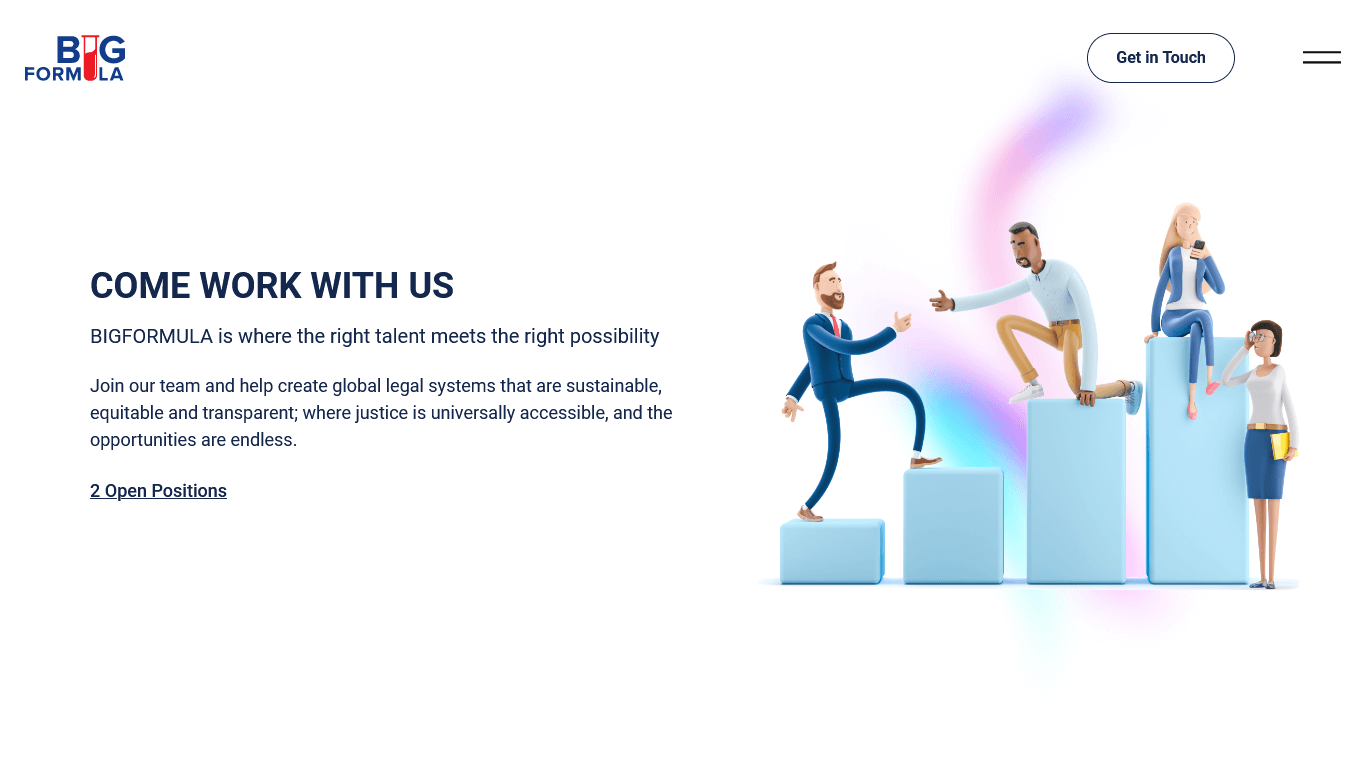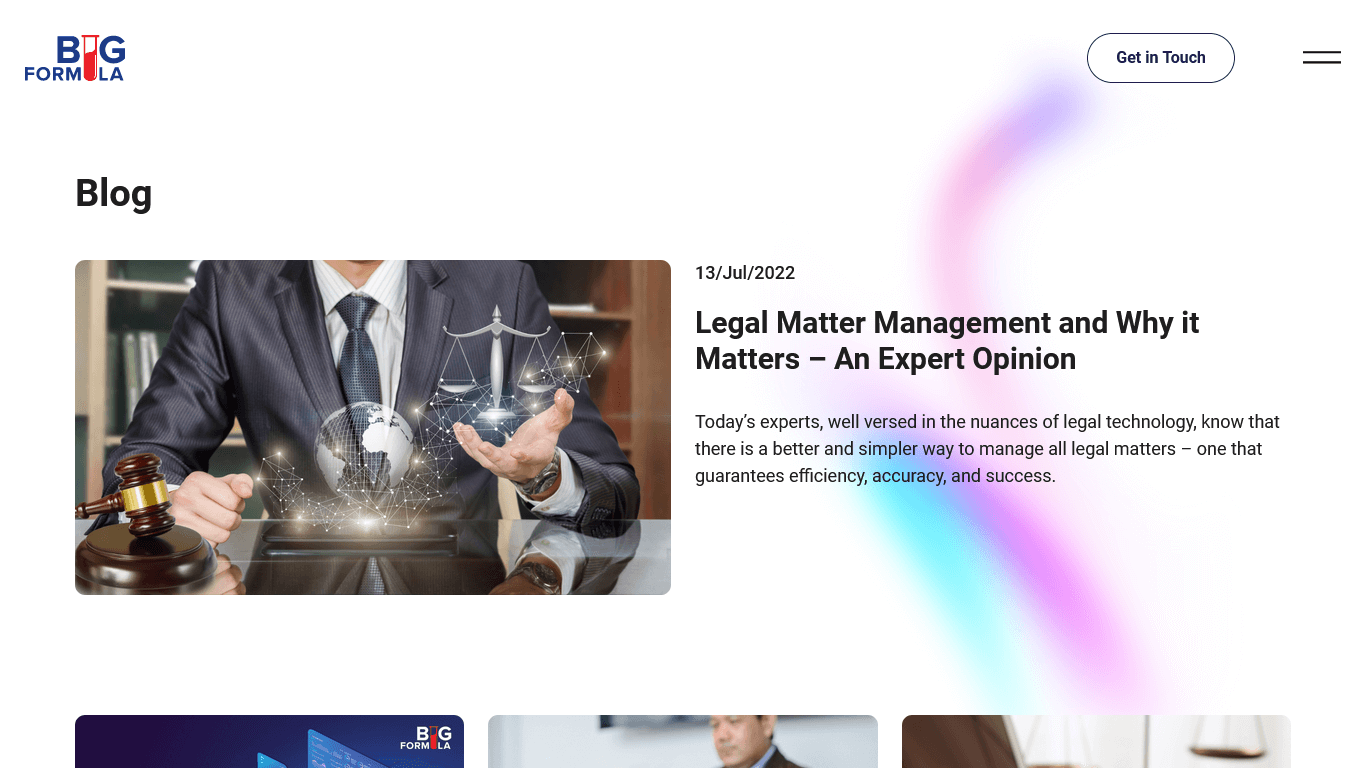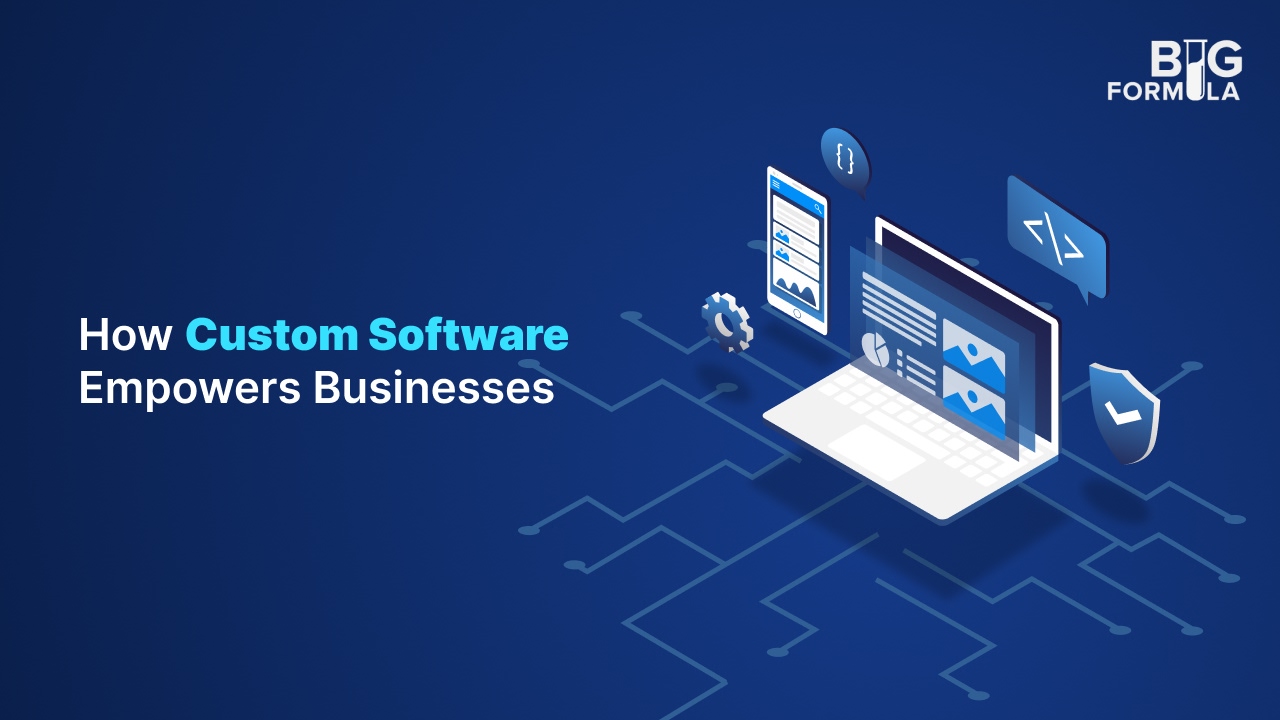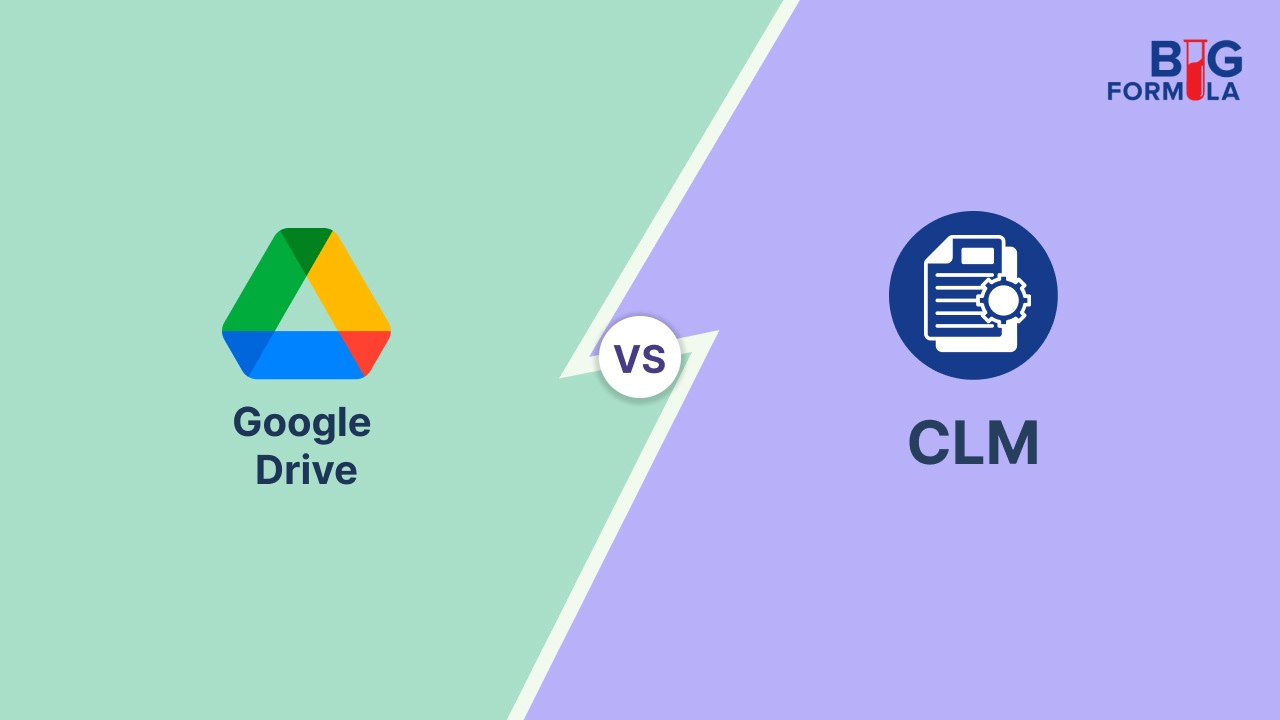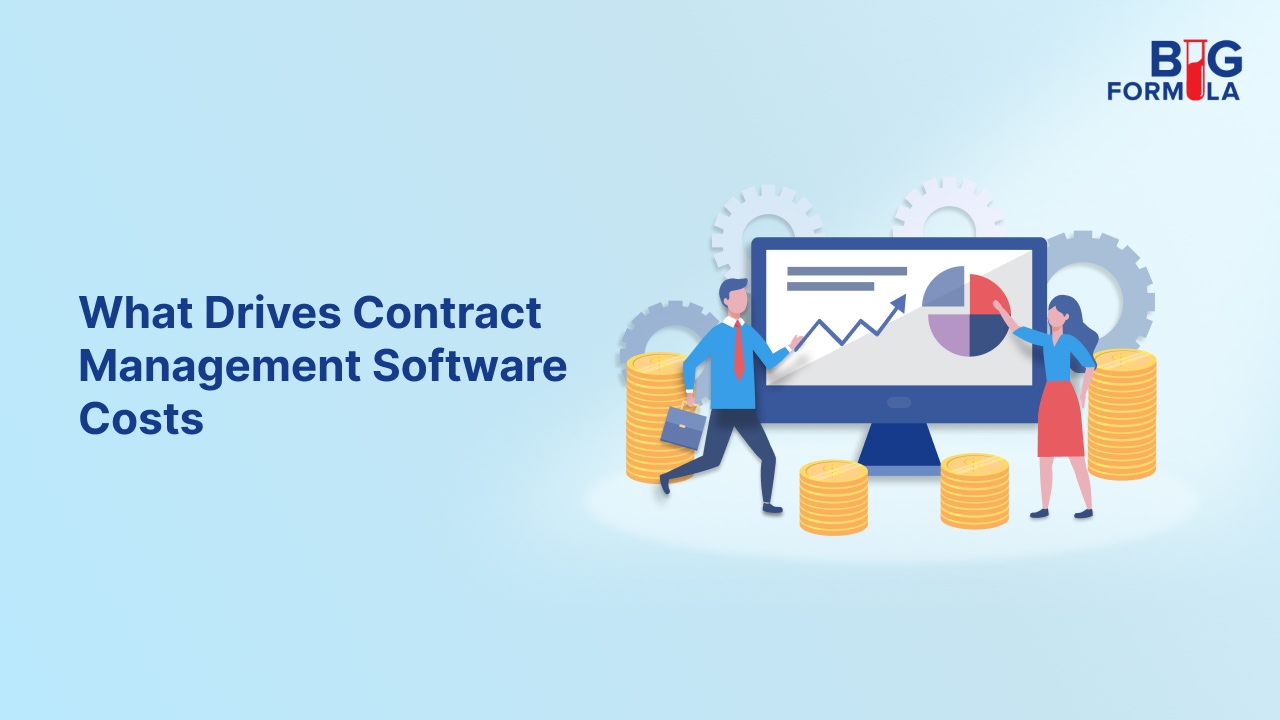Is AI in Law the Complex yet Tenable Relationship of the Future?
Artificial Intelligence is well and truly embedded in our day-to-day activities. But what of its consequences on the legal industry that is being swept up by the advances in technology? What shape will justice take in the future as AI brings forth seismic changes in the way law is practiced?

If you are reading this, then it can mean one of two things: either you are a subscriber – in which case, thank you – or you looked up ‘Artificial Intelligence in law’ on Google and artificial intelligence led you here. Correction: either way, it was artificial intelligence that led you here. We now live in a world where Artificial Intelligence (AI) tools and approaches are routinely used in our daily lives. From navigating through virtual maps and booking taxis to auto-complete and auto-correct features on our phones and search engines, even our social media algorithms, AI is well and truly embedded in our day-to-day activities. But what of its consequences on businesses, especially within the legal industry that is being swept up by the advances in technology? What shape will justice take in the future as AI brings forth seismic changes in the way law is practiced?
What is Artificial Intelligence?
Before we get to the implications of AI in Law, it is important to understand what exactly we are dealing with here. The Oxford University Press defines artificial intelligence as:
“The theory and development of computer systems able to perform tasks that normally require human intelligence, such as visual perception, speech recognition, decision-making, and translation between languages.”
Philosophers who attempted to represent the process of human thinking as the mechanical manipulation of symbols sowed the first seeds of modern AI. Their research culminated in the 1940s with the discovery of the programmable digital computer, a machine based on the abstract nature of mathematical reasoning. This technology and the theories underlying it prompted a small group of scientists to seriously consider the potential of creating an electronic brain. Thus began the study of Machine Learning, Deep Learning and Natural Language Processing.
Today, AI has emerged as a gamechanger – forging systems and methodologies that have quite effectively transformed the way we live and the societies we cohabit.
AI in Law
For quite some time, the implications of employing AI to provide people with a more efficient, well-guided, and high-quality legal and justice system have dominated the discourse around AI in law. AI-enabled systems are already changing the way the legal system functions by processing vast amounts of data, turning them into analytical findings with statistical relevance, and drawing correlations between the numerous factors that may have influenced any given case – all while using a fraction of the time and human resource that would have been poured into the process otherwise. But the latest trends are one concerning ‘legal prediction.’ Experts argue that the expansion of AI-enabled technologies, and particularly the introduction of legal prediction, will fundamentally alter the legal profession and facilitate ‘a functional “completeness” of law, where the law is at once extraordinarily more complex in its specification than it is today, and yet operationally vastly more knowable, fairer, and clearer for its subjects.’1
For us at BIGFORMULA, AI is just now finding its foothold in the solutions and processes we devise. For now, the hybrid entity, a conjunction of the mathematical and statistical advantage offered by AI systems and the instinct, comprehension and judgement lent by the human mind is driving the tracks to further development. But we are also acutely aware that we are at the cusp of a revolution – one that might seem straight out of a sci-fi thought experiment, but also one that can potentially change the way law is perceived, processed, and presented.
Reference:
1. Alarie and Aidid, The Legal Singularity: How Artificial Intelligence Can Make Law Radically Better, University of Toronto Press, 2023.
Ready to see how AI can transform your processes? Discuss your needs and goals with BIGFORMULA.
Reach out to us and schedule a Free Legal Tech Consultation

